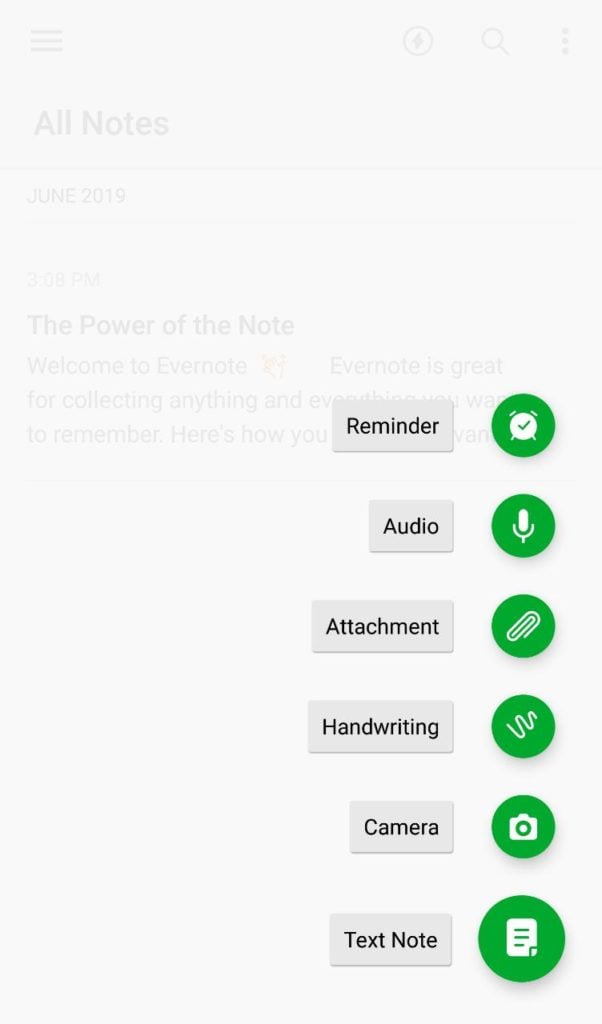

As Evernote tried to stabilize its business, a slew of fresh note-taking apps including Notion and Bear entered the market. The company had expanded needlessly, some felt, instead of improving and better monetizing its core product. The not-quite-a-startup then killed its merchandise business, raised prices and implemented a privacy policy that was quickly reversed following widespread user backlash. In 2015, the company shut down Evernote Food, changed CEO and fired 13 percent of its staff. It launched a food-specific app and offered a whole range of merchandise including desk tidies and socks. It partnered with Moleskine to produce paper notebooks which, through a combination of stickers and scanning, could be easily tagged and ported into Evernote. That popularity allowed the company to expand into new areas. “As a company, we had invented the personal productivity category,” Ian Small, CEO of Evernote told Engadget. The obvious go-to, regardless of the hardware you owned and what you were trying to store. Evernote used to be the king of note-taking apps.


 0 kommentar(er)
0 kommentar(er)
